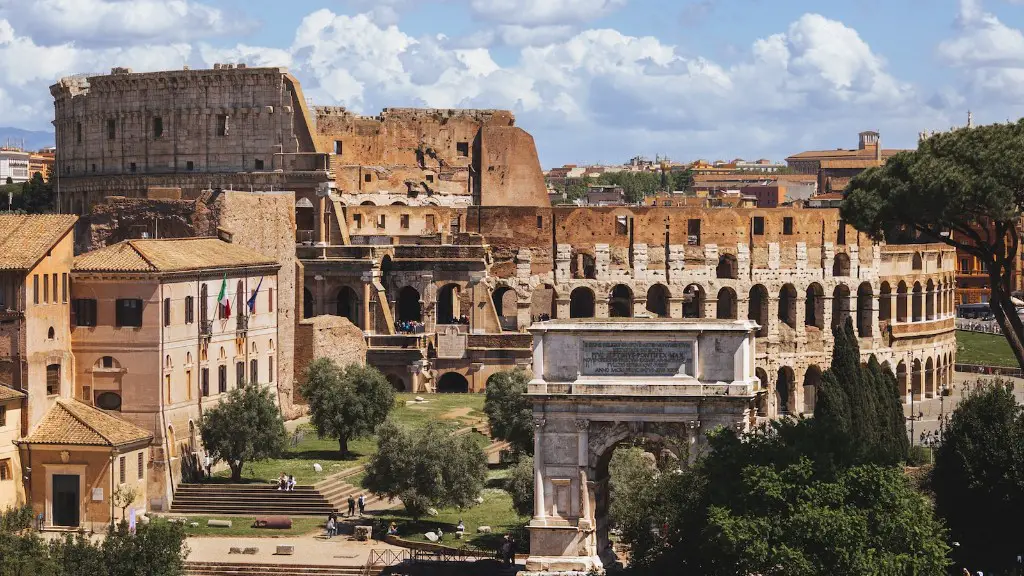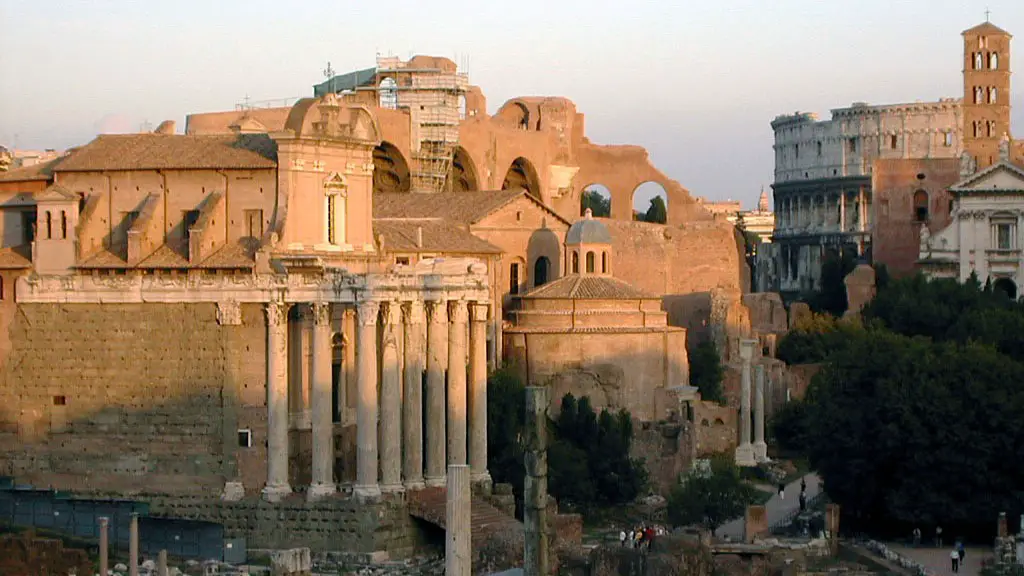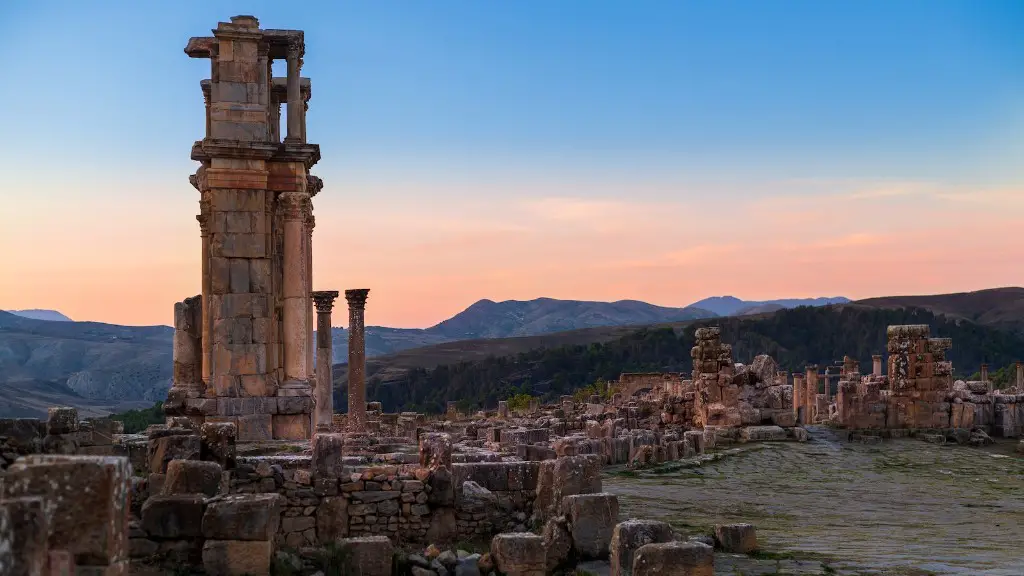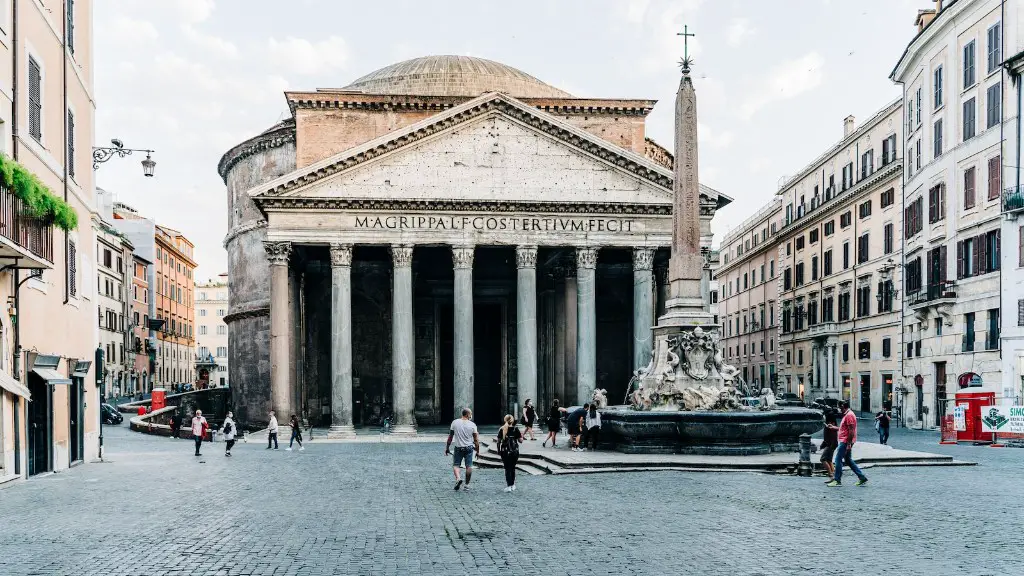The ancient Romans loved to feast and revel. Ancient Roman feasts were a cornerstone of their society and culture, and were very different from the feasts we enjoy today. So why did the Romans partake in feasting culture? What was the purpose behind them?
Feasts were highly important to Roman culture as they helped achieve two things. Firstly, they acted as a sign of power and wealth as hosting a feast was very costly due to the amount of food and drink which were component of them. The richer and more powerful the family, the grander the feast. Secondly, feasts served as a way to demonstrate hospitality. To the Romans, nothing showed graciousness more than hosting a lavish feast, and they would often invite many guests to partake in it.
These feasts could be quite a spectacle. According to Elizabeth Peña, a Classics scholar at the University of Pennsylvania, the feasts usually began with more savory dishes, followed by a sweet dessert, and then the guests were invited to mingle and dance. In addition, the room would be adorned with garlands, the floor covered with rose petals, and the tables “brimming with silver, gold and glass”.
But it wasn’t all just about the food. The feasts also served an important political purpose. It was often a way for wealthy Romans to gain favor and alliances, as well as a way to make deals with interlocutors. During the feast, Roman elites would attempt to solicit the help or patronage of their wealthy peers while showering them with food and wine. This same strategy is used by political elites today, although perhaps not in the same lavish form.
Feasts also had a religious component. For the Romans, it was important to honor the gods, and feasts were a great way to do this. During the feast, the family hosting the event would offer a sacrifice to thank the gods for their bounty and favor. This would usually involve presenting an animal, such as a pig. As these feasts became more and more distinct from traditional Roman religious practices, the offering of animal sacrifices began to decline.
To sum up, the ancient Romans feasted for multiple different reasons: to prove their power and wealth, to demonstrate hospitality, to make political alliances, and to honor the gods. Feasts were a very important part of Roman culture, and their legacy lives on today in many forms, including the way we celebrate important events and occasions.
Related Celebrations
Feasts weren’t the only way in which Romans celebrated and commemorated important events. Apart from feasts, Romans partook in other forms of celebration that had a similar purpose. This included consuming special food and different drinks, ranging from wine to beer, as well as performing music and theater. Just like today, these activities played an important role in Roman culture.
The most important religious celebrations in the Roman world, however, were the Saturnalian and Liberalia festivals. The Saturnalian, which was held on December 17th in honor of the god Saturn, was a week-long festival where businesses, government offices and schools were closed and people could relax. This festival also included a special dinner, where all participants were given special privileges.
Perhaps the most well-known and popular Roman celebration, however, was the Liberalia, which was held in honor of Liber, the god of fertility and wine. It was similar to the Saturnalia in that there was a special dinner and special privileges were granted to all participants. This was a joyous festival where people drank and danced, with the climax being a priest sacrificing a white heifer to Liber.
Influences on Modern Celebrations
Today, many of the celebrations and festivities held in honor of important occasions are derived from the Roman tradition. For example, the holiday of Christmas originated from the Saturnalian festival, which was celebrated by the ancient Romans. Furthermore, wine, which was considered a staple at Roman feasts, is still enjoyed in many cultures around the world today.
In addition, the concept of hospitality that was so embedded in Roman culture can be seen in many celebrations today. Whether the event is a Thanksgiving dinner or a birthday party, hospitality and generosity are always welcomed. In this sense, the legacy of the ancient Romans lives on.
Political Implications
Feasts also had an important political role in ancient Rome. Wealthy families would host lavish meals in order to benefit from their high-profile guests. Many times, these events would serve as a way for powerful people to forge new alliances or strengthen existing ones. This is one reason why feasts were so important to the Roman elite.
The practice of using feasts to obtain favors has been prevalent throughout history. From medieval kings to modern elected officials, using feasts as a way to make political connections is still common today. While this practice might not be as common as it was in ancient Rome, the legacy of the Roman feasts lives on in contemporary politics.
Conclusion
The feasts of the ancient Romans were an integral part of their culture and society. In addition to being a way to show hospitality, these feasts also served as a sign of power and wealth as well as political opportunities. It is clear that the legacy of the Roman feasts is still present today in many different forms, from the way we celebrate holidays to the way politicians compete for power. Feasts are still an important part of our culture, and it is clear that the Romans had a profound influence on the way we celebrate today.



